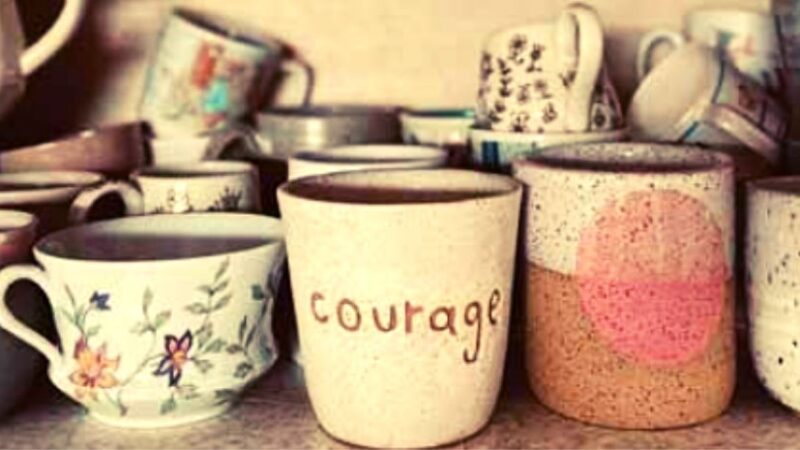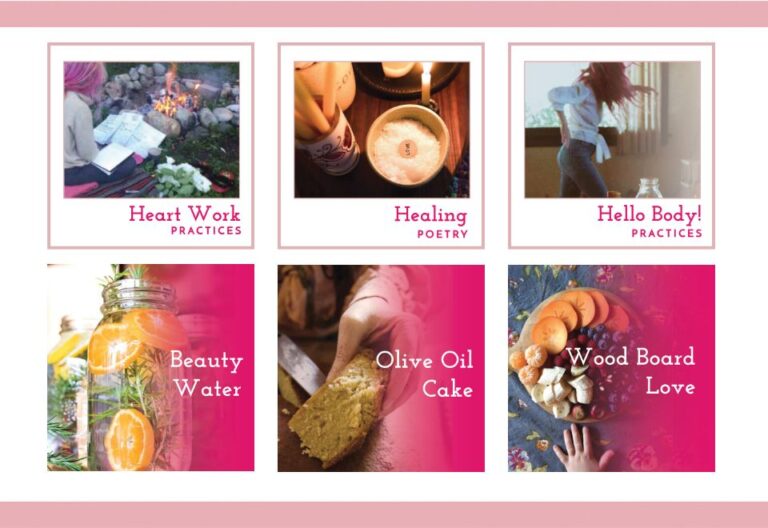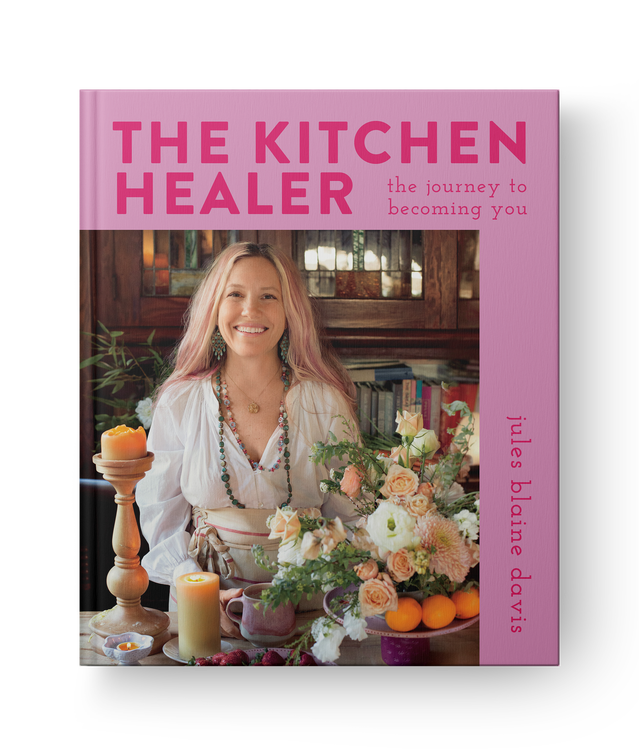
Nearly every spiritual tradition has a practice of generosity and giving. We call it Dana in some traditions, Caritas in Christianity, Tzedekah in Judaism, alms or communal sharing in others, or in the United States, “The Holiday Season” stretching onward from Black Friday through the New Year. These spiritual (and commercial) practices existed long before the term “positive psychology,” but the principles overlap significantly. We know now that making a practice of kindness and generosity leads to physical and mental health and social and spiritual benefits.
In families, children are often in the “getting” role, while adults are in the “giving role,” but how can we encourage that spirit of generosity in the next generation?
We are wired to be generous, and both neuroscience and well-worn clichés tells us we feel more joy in giving than in receiving. However, our consumer culture tells us the opposite, that getting will make us feel better. These messages run counter to the spiritual and scientific wisdom showing health and happiness come more through giving than getting. Just imagine if our society received just as many messages urging us to give than get, if people camped outside stores for days just to donate to the latest charity.
Among the many benefits, generosity also builds trust between people. Studies show that the giver’s brain regions associated with trust and connection light up, fostering optimism, reducing depression, and creating healthy attachments, showing us why cultures develop practices related to gift-giving. The benefits even extend to just witnessing an act of generosity.
So how can we encourage generosity our families? Here are a few ideas to consider.
- Involve your kids in the decision for charitable giving, taking into account what your family’s values are: Social justice, the environment, health issues that have impacted your family, presents for children or families in need, and so on.
- Follow the lead of my friend’s grandmother who gave the grandkids $100 each year, with $50 to spend on themselves and $50 she would donate to a charity of their choice.
- Remember that giving can also include your time or your support. Volunteer as a family, a practice shown to boost happiness, empathy, and build closeness.
- Give experiences; the happiness will last longer than the lifespan of a toy. Perhaps travel, theater tickets, or museum passes.
- Donate toys to make space for the new. Notice together which toys are getting lonely and would be happier in a new home, saying thank you and goodbye to old toys, and imagining the happiness they will bring after they’ve been donated.
Looking for more great reads?


Excerpted from Raising Resilience by Christopher Willard, Pysd.
 Christopher Willard, Psyd, is a clinical psychologist and consultant specializing in bringing mindfulness into education and psychotherapy. He lives in Cambridge, Massachusetts, teaches at Harvard Medical Schools, and leads workshops worldwide. For more, visit drchristopherwillard.com.
Christopher Willard, Psyd, is a clinical psychologist and consultant specializing in bringing mindfulness into education and psychotherapy. He lives in Cambridge, Massachusetts, teaches at Harvard Medical Schools, and leads workshops worldwide. For more, visit drchristopherwillard.com.





 Christopher Willard, Psyd
Christopher Willard, Psyd






